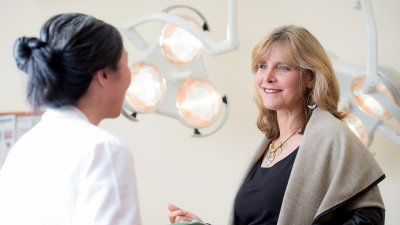University of California San Francisco
Give to UCSF-
-
Common Virus May Be Linked to Heart Disease, Diabetes in Some Women
-
Common Virus Tied to Diabetes, Heart Disease in Women Under 50
A type of herpes virus that infects about half of the U.S. population has been associated with risk factors for type 2 diabetes and heart disease in normal-weight women aged 20 to 49.

-
‘Dense Breasts’ Eclipse All Other Known Breast Cancer Risk Factors
Women whose breasts are composed largely of glandular tissue, rather than fat, have an amplified risk of breast cancer, which exceeds the impact of other widely known risks on a population level.

-
UCSF study: ‘Dense breasts’ exceed all other breast cancer risk factors
-
Genetic Risk Factors for Autism, MS and Other Diseases Differ Between the Sexes
Study suggests, genetic variants that have distinct effects on physical traits in men versus women are also linked to men’s and women’s risk for a range of diseases – autism, multiple sclerosis, type 1 diabetes.

-
Official Abortion Rate Declined in Texas After Law Restricted Access to Clinics, UCSF-UT Study Finds
In Texas, increases in travel distance to the nearest abortion clinic caused by clinic closures were closely associated with decreases in the official number of abortions.

-
UCSF Discovery May Lead to New Treatments to Protect Fetus from Deadly Effects of Food Poisoning
A newly identified bacterial protein that is shown to jump-start infection may be the culprit in a foodborne disease that strikes pregnant women in disproportionately high numbers, leading to miscarriage and pre-term birth.

-
Abortion Is Found to Have Little Effect on Women’s Mental Health
-
Scientists Visualize Embryo Implantation in the Mouse Uterus in Unprecedented 3D Detail
UC San Francisco researchers have visualized the earliest stages of pregnancy in unprecedented detail in laboratory animals and human tissue using new laboratory imaging techniques.

-
Pubic Hair Grooming Linked to Sexually Transmitted Infections
A national survey has found an association between pubic hair grooming and sexually transmitted infections.

-
Going Bare Down There May Boost The Risk Of STDs
-
Ethics of Testing for Preterm Birth Risk Weighs Uncertain Harms and Benefits
Ethical quandaries such as testing for a woman’s risk for preterm birth are still being worked out by the medical community.
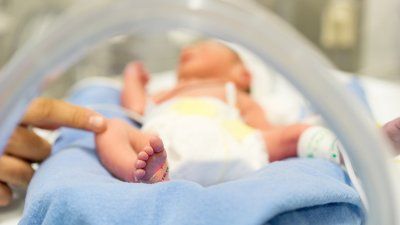
-
Broad New Partnership Launches Plan to Reduce Cancer in San Francisco
A group that includes UCSF, the City and County of San Francisco, and health care and community organizations has launched the San Francisco Cancer Initiative, a major public health effort to reduce cancer in San Francisco.

-
Study Finds Wide Exposure to Environmental Toxics in Cohort of Pregnant Women
Low income and Latina pregnant women who seek care at ZSFG have widespread exposure to environmental pollutants, many of which show up in higher levels in newborns.

-
UCSF Helps Develop Unified Classification Criteria for Sjogren’s Syndrome
UCSF's schools of Dentistry and Medicine have helped to craft a unified and definitive set of classification criteria for Sjögren's syndrome.
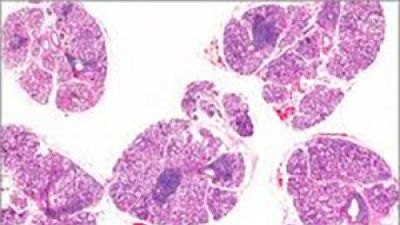
-
How a School of Dentistry Lab Joined Fight Against Zika
Lenore Pereira, a virologist and professor in School of Dentistry’s Department of Cell and Tissue Biology, is in the middle of crucial research to understand how the mosquito-borne Zika virus harms the babies of women infected during pregnancy.

-
Some Breast Cancer Patients With Low Genetic Risk Could Skip Chemotherapy, Study Finds
Early-stage breast cancer patients whose tumors carry genetic markers associated with a low risk of disease recurrence may not need to undergo chemotherapy, suggests a new study that employed a test devised by a UCSF researcher.
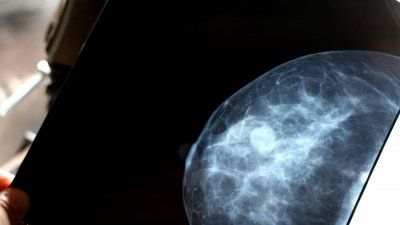
-
Frequency of Breast Cancer Screening is Best Guided by Both Risk, Breast Density, Says Study
The ideal interval for breast cancer screening depends on combined assessments of each woman’s breast cancer risk and her breast density, according to a new study led by UCSF and University of Wisconsin researchers.
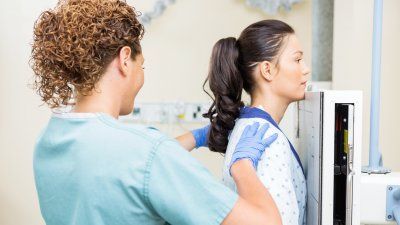
-
How Often Should You Get a Mammogram? It Depends on Whether You Have Dense Breast Tissue, Experts Say
-
Early Exclusive Breastfeeding Associated with Longer Telomeres in Latino Preschoolers
Infants who are exclusively breastfed early in life are more likely by age 4 or 5 to have longer telomeres, the protective bits of DNA that cap the ends of chromosomes in cells.
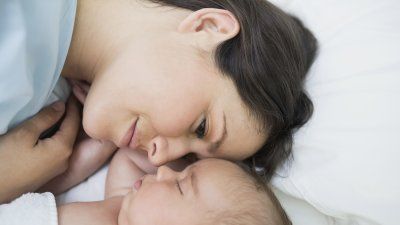
-
‘Early-Term’ Births Significantly Increase Risk of Preterm Births, Says Study
A new study led by UCSF researchers found that women whose first child was born at 37 to 38 weeks – so-called “early-term” birth – are two to three times more likely to experience preterm birth, defined as birth at a gestational age less than 37 weeks, when giving birth to a second child.
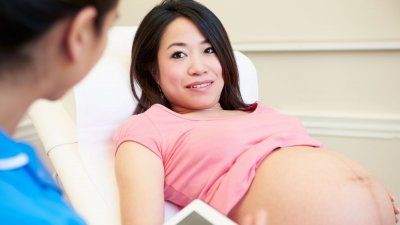
-
UCSF Proposes Breast Cancer Initiative for White House's Cancer Moonshot
Three UCSF faculty members participated in the White House Cancer Moonshot Summit, at which the University of California committed to a new transformative model for health care delivery for breast cancer patients.
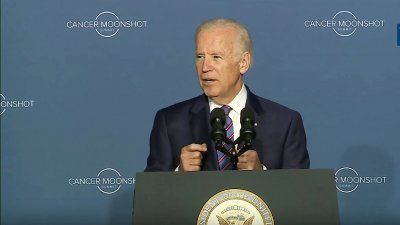
-
More Women are Grooming Their Pubic Hair, But Practice Poses Risks
More women these days are grooming their pubic hair, especially younger women, but the practice poses some risks, most often related to shaving injuries.

-
St. Joseph Health and UCSF Benioff Children’s Hospitals Sign Joint Venture Agreement
St. Joseph Health, Santa Rosa Memorial Hospital and UCSF Benioff Children’s Hospitals announced a joint venture to enhance and expand neonatal and pediatric services.

-
White House, Gates Foundation Summit Explores Applying Precision Medicine to Public Health
About 150 of the nation’s foremost thought leaders in academia, child and public health, policy, technology and data science gathered at UCSF to kick-start the conversation about what can be accomplished in precision public health.
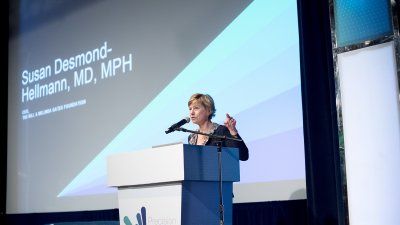
-
UCSF Researcher Part of Consortium Awarded $7.5M to Evaluate Breast Imaging Strategies
Karla Kerlikowske is part of the team awarded $7.5 million by the Patient-Centered Outcomes Research Institute board of governors to determine the effectiveness of two supplemental breast screening and diagnostic workup strategies.

-
Parents-Only Therapy May Be Optimal in Treating Anorexia
Family therapy for 12- to 18-year-olds with anorexia nervosa, in which all household members participate and a meal is held in the clinician’s office, may be less effective than a streamlined model involving only the parents and without the meal.

-
Women’s Health Center Celebrates 20 Years, Keeps Pushing Toward Health Equity
The UCSF National Center for Excellence in Women’s Health celebrated its 20th anniversary with a street fair to mark its accomplishments as well as to look forward to the work that remains for equality in health care.
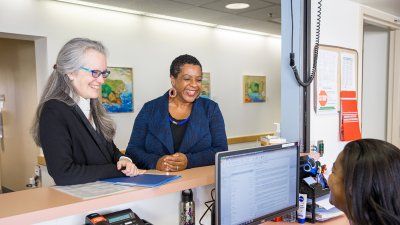
-
Laura Esserman Named to TIME 100 List of Most Influential People in the World
Time magazine has named internationally renowned breast cancer oncologist Laura Esserman to the 2016 TIME 100, the magazine’s annual list of the 100 most influential people in the world.
